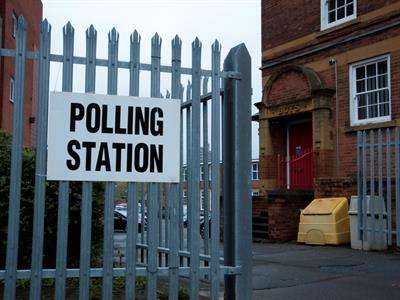Delayed onset adulthood keeps young Brits away from ballot box

The poor voter turnout of young Brits can be explained by the delayed transition to adulthood, says new research from Royal Holloway, University of London. And as early voting behaviour trends set the pattern for life-long voting, it is not likely that current low levels of participation will see an improvement.
Dr Kaat Smets of Royal Holloway's Department of Politics and International Relations analysed British Election Studies from 1964 to 2010 and found that late maturation, which is common in in Europe, has a negative effect on voter turnout of young people. Her research shows that if today's young adults were as 'mature' as young people from the pre-war generation, voter turnout among young people in the UK these days would be 12 percentage points higher.
At the beginning of the week in which the UK goes to the polls, Dr Smets was interviewed by Justin Webb on BBC Radio 4's The Today Programme and by Vanessa Feltz on BBC Radio London.
She says: 'Young people are in school longer, start their first job later, buy their first house later, get married and have children later. But all these life-cycle events are positively related to whether people vote. Willingly or unwillingly, delaying the transition to adulthood implies that most young adults these days have not experienced life-cycle events that are important for participation in democratic life.'
The findings of this research have potential policy implications. Dr Smets says while it is difficult for governments to influence the pace of maturation in broad terms, assisting young citizens to become stable and independent earlier in life would have a positive impact on young adults' turnout levels. Tackling youth unemployment, assistance for first-time home buyers, and sufficient childcare facilities are examples of measures that would facilitate the transition to adulthood for young citizens and increase their levels of political engagement. In this sense, the current economic crisis, which puts young Europeans in an exceptionally precarious situation, does not bode well for future levels of voter turnout.
Dr Smets research on the effects of later maturation on voter turnout among young adults is published in the May issue of European Political Science Review.
More information: Kaat Smets. Revisiting the political life-cycle model: later maturation and turnout decline among young adults, European Political Science Review (2015). DOI: 10.1017/S1755773914000460
Provided by Royal Holloway, University of London















